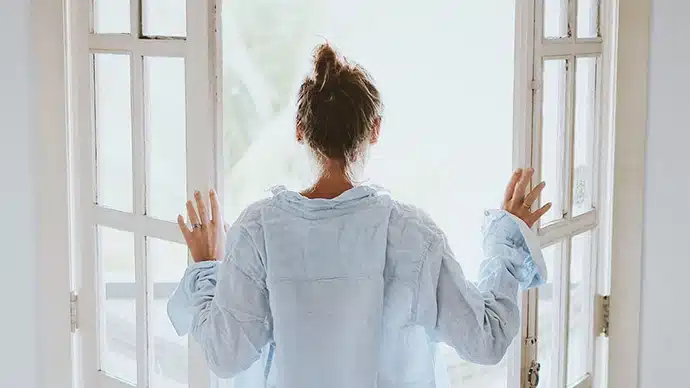Home ownership: it’s the American dream. Scarlett O’Hara’s father drummed it into her head: “Land—it’s the only thing that matters; it’s the only thing that lasts.” So she was willing to do anything, anything!—to hang on to Tara.
When it comes to securing credit, homeowners are automatically seen as more trustworthy by lenders, simply because they have had to keep up the payments on their dwelling or risk losing it. Society generally feels that way, too. If you bring your intended home to Mama and Papa, they’ll be so much more impressed if he or she is a homeowner.
But does that mean it’s right for everyone? Not necessarily.
There are numerous points Billshark thinks you should consider before you take the plunge, and affordability is just one. Let’s look at other elements that should be part of your decision.
Buying is a good investment
Yes and no. Forbes magazine recently compared the return on investment (ROI) of homeownership vs. stocks. Since 1975 (the first year good data were available), housing has appreciated by an average of 4.5 percent a year. Stocks, on the other hand, average 9.8 percent annually, including dividends.
Interest paid on a mortgage, of course, is deductible, but it’s not dollar-for-dollar. If, say, you’re in the 28 percent income bracket, you can deduct 28 percent of the interest you’re paying for your mortgage loan, not the full amount. For example, if you paid $1,000 in interest to your lender in a calendar year, you could deduct $280 from your taxable income for that year. Hardly a windfall.
On the other hand, if you pay rent for 30 years, you’ll have nothing to show for it at the end of that time. If you pay a mortgage for 30 years, you’ll have a house that you own free and clear (but will still have to pay property taxes on).
But there are expenses to consider
If you’re renting and the water heater dies, or the HVAC system goes out, or the roof needs to be replaced, all it takes is a quick phone call to the landlord to have it repaired. You’re not out a dime.
If—okay, when—those things go on the fritz in a home you own, you not only have to come up with the money to fix them (well into the thousands of dollars for each of these examples), unless you can fix them yourself you’ll have to hunt all around for a reliable repair person to do the work, and take time off work to supervise.
It’s all about control
Or at least partly. If you own your own home, you can do anything you want with it (assuming you don’t have a homeowner’s association [HOA] to answer to). Rent it out, have as many people and/or pets living there as you want, paint it whatever colors suit your fancy, knock down walls, expand bedrooms, you name it.
A landlord won’t allow this kind of thing. Not only that, he or she can decide to sell the house at any time, as well as raise the rent at the end of every lease term. Of course, having a mortgage isn’t a guarantee your payments won’t increase, because the tax portion of it can go up every year, depending on how much your local jurisdiction raises taxes annually.
Are you a happy wanderer?
Do you like to move around a lot? One thing you won’t have as a homeowner is mobility. If your job requires a move, or your significant other gets a job offer in another state, it’s much easer to get out of a lease than a mortgage.
The rule of thumb is, don’t buy unless you plan to stay five to seven years. That’s because, while it costs you nothing besides the down payment to get into a house, when you sell you’ll have to pay a realtor’s fee (typically 6 percent of the sale price), plus closing costs, plus moving costs. With the usual appreciation on home prices, 5 to 7 years is about average to recoup those costs.
And if we’re in a recession, which happens about twice a decade on average, you could be stuck paying your old mortgage plus rent or mortgage in your new location if you can’t sell.
In a future blog, we’ll look more closely at the financial considerations of buying vs. renting, but for now, think about all these other aspects when making your decision to buy or rent.
And be sure to let Billshark tackle your bills. If you do decide to buy, you’ll need money for a down payment, and we can help you on that road with the money we can save you today.
